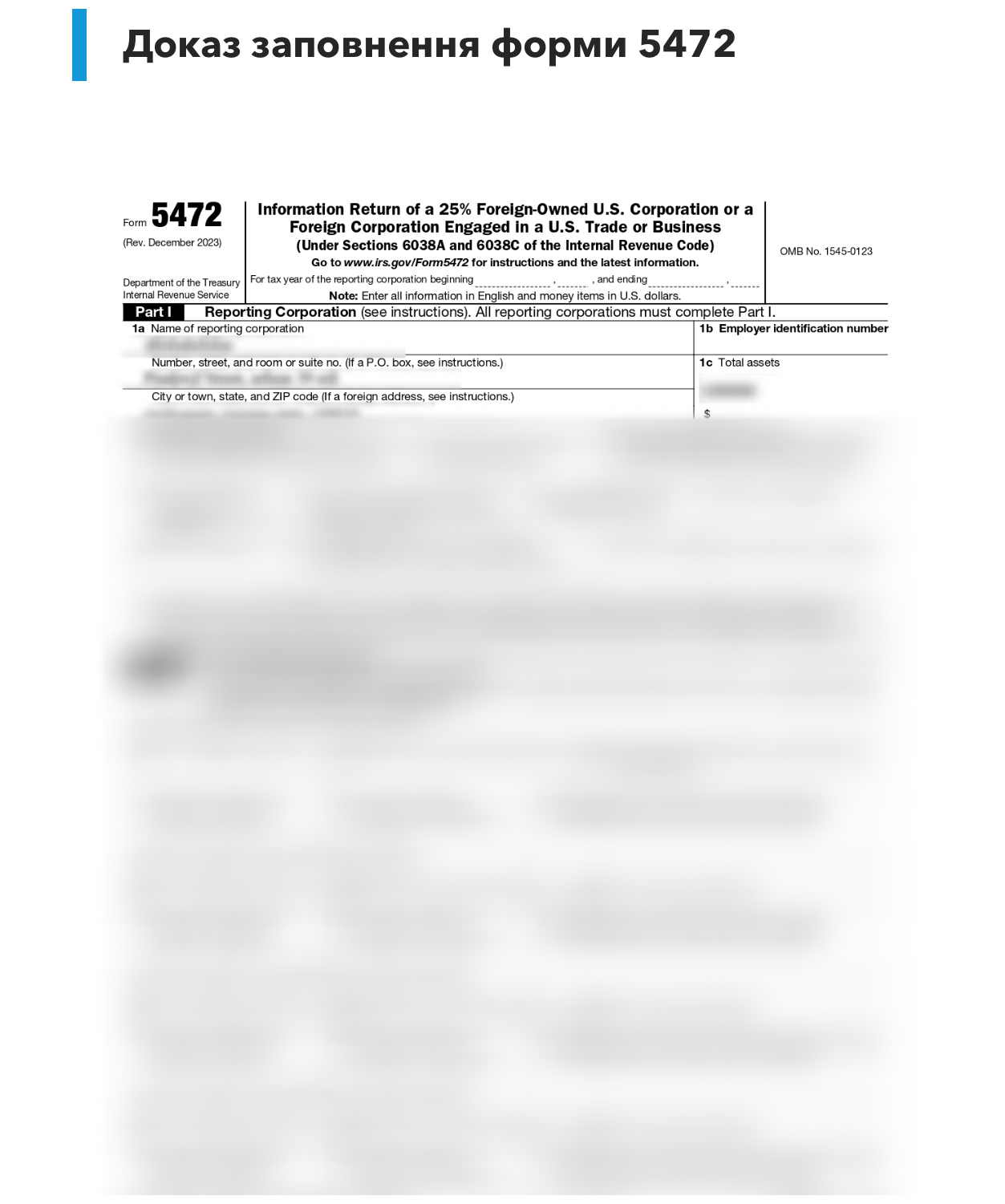Forbes-recognized counsel and architect of the COMPASS framework, a strategic breakthrough for navigating international investments and business expansion, with over 5 years of experience in corporate law, including investment management, VC/PE, and cross-border transactions, contributing $15B+ in transactions across diverse sectors.•
Taxation of Polish Businesses in the U.S.: How to Avoid Double Taxation and Preserve Profit
For many European companies, entering the U.S. market is not only an ambitious goal but also a major challenge. One of the most important aspects of such expansion is understanding the tax obligations in both countries in order to avoid double taxation. This case focuses on a Polish entrepreneur who sought the assistance of attorney Miraziz Khidoyatov after opening a U.S. branch and facing serious legal and tax complications.
Despite early success and active market operations, the U.S. Internal Revenue Service (IRS) began demanding additional forms and reports, while the Polish tax authority questioned the sources of income. This created a double taxation risk—where the same profit is taxed in both countries.
Situation Analysis
The business was structured so that a Polish legal entity provided IT services to U.S. clients. An auxiliary office operated in the U.S., coordinating part of the operations. Revenues were received in dollars, but accounting was conducted in Poland. Due to the lack of a clear tax strategy, the IRS considered the income to be U.S.-sourced, making it subject to local taxation and reporting.
Steps to Legal Resolution
1. Tax Audit
Miraziz Khidoyatov conducted an audit of the company’s entire structure. Special attention was given to interactions between the Polish and U.S. branches and the terms of contracts with clients. There was a risk that the business would be classified as having a “permanent establishment” in the U.S., which triggers direct tax obligations.
2. International Tax Treaty
It was essential to reference the U.S.-Poland tax treaty. The client was advised to restructure the U.S. office as an independent disregarded entity, avoiding the creation of a permanent establishment. Form W-8BEN-E was also submitted.
3. Filing with the IRS
Form 5472 was completed and filed—a requirement for foreign-owned companies that do business with U.S. persons. A transfer pricing system was also established between the business units, which helped protect the business model from tax disputes.
Key Documents
- 1.Form W-8BEN-E
- 2.Form 5472 (Reporting for 25% Foreign-Owned U.S. Corporations)
- 3.Transfer Pricing Documentation
- 4.Report on the Application of the Tax Treaty
Outcome
- 1.Double taxation was avoided thanks to the correct structure.
- 2.Forms were accepted by the IRS without further requests.
- 3.The Polish tax authority had no objections regarding income sources.
- 4.The business continues to operate legally and stably in the U.S.

Frequently Asked Questions
Question
Why is it necessary to file Form 5472?
Answer
This is a mandatory filing for foreign-owned companies in the U.S. Failure to comply results in a penalty starting at $25,000.
Question
Is a Polish company required to pay taxes in the U.S.?
Answer
Only if it has a permanent establishment or income effectively connected with U.S. activities.
Question
Why is Form W-8BEN-E needed?
Answer
To certify foreign residency to U.S. clients and avoid double taxation.
This case demonstrates that tax planning is a critical component of international business. Without it, even a legal and profitable company may face penalties, blocked payments, and reputational risks. Proper legal guidance, as provided by Miraziz Khidoyatov, helps preserve resources, avoid liabilities, and build a resilient business model for global growth.

































